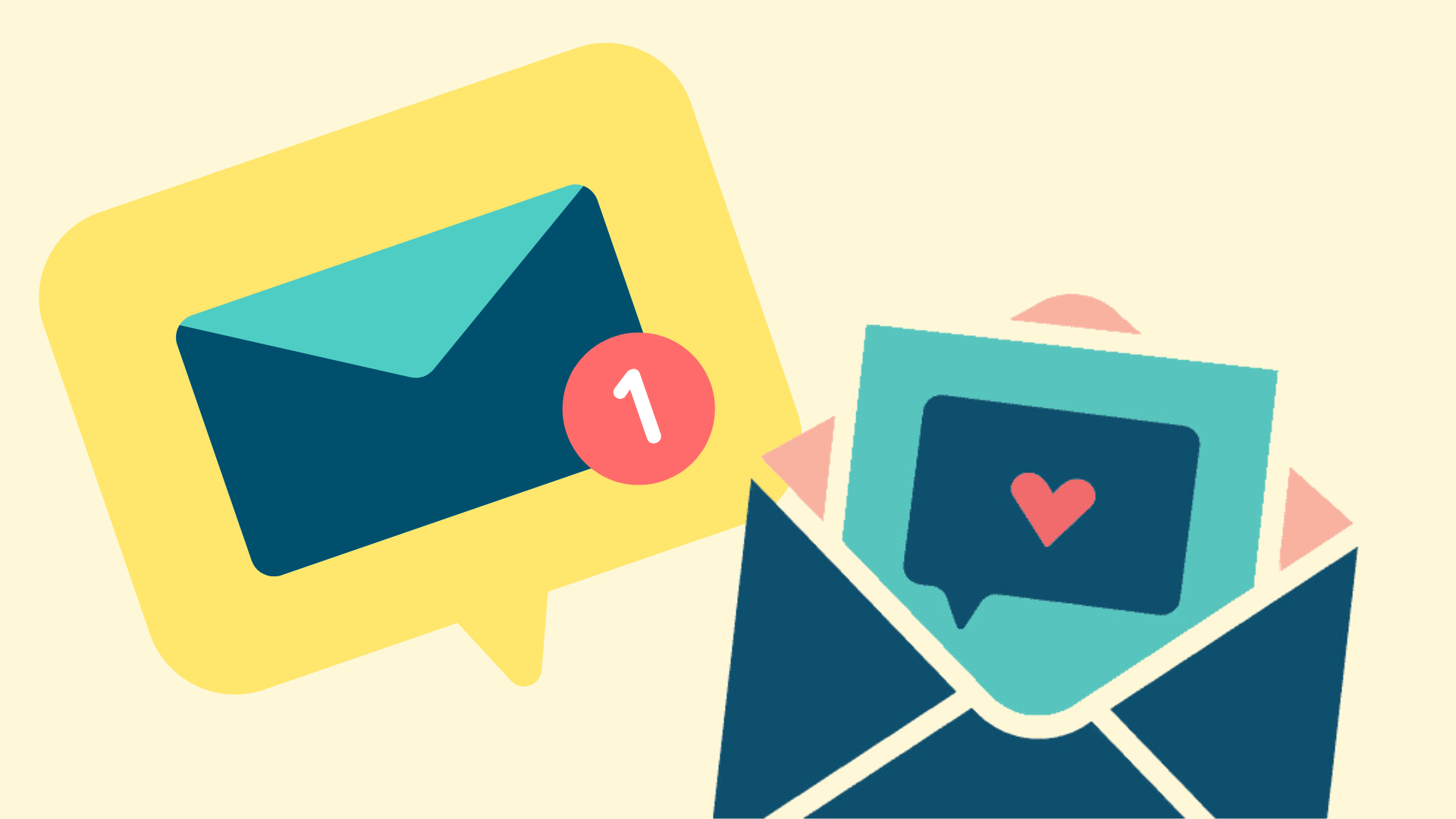Email is the prime tool for building a relationship with a customer over time, but it takes more than blasting subscribers with deals and offers every week to see results. Want long-term success? Start beefing up the relational emails your subscribers receive.
Relationship email marketing seeks to deliver value to a customer, even at times when they aren’t actively seeking it. The goal of a relational email is to build trust, not make a sales pitch. Earn that trust and sales will follow.
Here is a quick guide to relational emails and how to use them to reinforce your company’s email marketing strategy.
In email marketing what is a relationship email?
A relationship email aims to cultivate and strengthen the bond between a business and its potential customer or current client. Unlike promotional emails or transactional emails focused on immediate sales, relationship emails prioritize building lasting relationships, fostering loyalty, establishing credibility, and creating meaningful dialogue with recipients.
When should my business send a relationship email?
Unlike other types of email marketing, relationship emails don’t have to be tied to a promotion or an action your customer takes with your business. That makes them a flexible and useful tool for strengthening your relationship with customers, even when they aren’t buying something from you at that moment.
Examples of relationship emails include:
- Email Newsletters
- Company Updates
- Event Confirmation Emails
- Survey Emails
- Referral Requests
- Lead Magnets
- Welcome Emails
- Customer Support Emails
Remember the content and information you provide should be shared for free. An effective relationship email is like a great party host, working to ensure everyone in the room is engaged and making meaningful connections that are relevant and useful, while also not stealing the show and making the conversation all about them. View these interactions as an opportunity to hold a dialogue with customers and learn about them, while sharing a little about your business.
Why should my business send relationship emails?
Relationship emails strengthen the bond between your business and your customers. Investing in the customer relationship—and positioning your brand as an expert and reliable source—lays the groundwork for brand loyalty, which, ultimately, makes customers more comfortable spending money with you. (Email campaigns are one of the best marketing channels; according to a 2024 report by MailModo, an email marketing platform, they return about $42 for every $1 invested.)
Additionally, customers who see that you are providing value outside of deals and promotions are more likely to remain subscribers, which is key to growing your email list and elevating your marketing efforts.
How should my business use relationship emails?
The customer (not the sales pitch) should always be the focus of a relational email. Use language and content that is personal, informative and even entertaining.
Here are tips for strengthening your relational email marketing strategy.
- Share what you know. Staying up-to-date on industry trends and topics is a key part of running a business. Take that step further and share what you’re reading, watching, or learning about with customers. Use newsletters, company blog posts, and even lead magnets, like downloadable guides and checklists, to share useful information. For example, a marketing agency could write and share blog posts on 15 ways to take your email newsletter to the next level or send out a weekly newsletter with links to third-party articles that would appeal to marketing executives. Not only does this deepen the customer relationship, but it also positions you as an expert in your field.
- Be a curator. Not all the content you share with customers has to be information your business created. Be sure to share links to information and articles from trade publications, news websites, social media accounts and other company blogs that you follow. It may seem counterintuitive, but sharing information from other sources actually works to reinforce your brand. It goes back to the trust factor. Customers are more likely to trust your business if you can demonstrate that your first priority is getting them what they need, not making sure they’re buying your produce or service. That said, make sure the info and content you’re sharing is useful and relevant, not just a wave of links with little context.
- Have fun. It’s OK to take a lighter and more personal tone in relationship emails as long as it jibes with your brand. Include a personalized intro in your email newsletter. Also, get creative with how you’re reaching out to customers. Have sales representatives create a welcome email with a quick video to new clients. Send birthday emails to customers, and include a “gift” whether that’s an entertaining meme or a discount code on their next purchase.
- Get social. Relational emails are a great place to share what your company is doing on social media, and to encourage customers to interact with your recent posts. For example, encourage email subscribers to follow your Facebook page for the latest on your lineup of webinars, networking socials, and other marketing events. This adds another layer to the customer experience and allows you to leverage your email list to grow your audience elsewhere.
- Be accessible. Relational emails like customer surveys or polls are a great way to engage customers and start a conversation, but remember to make that conversation a two-way street. Include clear directions and info on how to contact your business within each email. You can even ask customers to send a reply email. This builds trust and has the added benefit of ensuring that your business is added to their contact list.
Relational emails are just one type of marketing email in your toolkit. Click here to read more about other types of marketing emails your business should be using.
What tools can help automate and personalize relationship email campaigns?
Utilizing tools like CRM (Customer Relationship Management) software and email marketing platforms can help automate and personalize your relationship email campaigns. These tools enable you to create dynamic content, segment your audience, and set up automations, ensuring that each recipient's emails are timely and personalized.
What are some best practices for segmenting my audience for relationship emails?
To effectively segment your audience for relationship emails, start by categorizing your subscribers based on demographics, behaviors, and engagement levels. Understanding these segments allows you to tailor your emails to address specific needs and interests, enhancing relevance and engagement.
With rasa.io's AI, your email list is automatically segmented, so each person receives a unique email tailored to their interest.
How can I measure the effectiveness of my relationship emails?
To measure the effectiveness of your relationship emails, track key metrics such as open rates, click-through rates, and engagement levels. Additionally, monitor long-term indicators like your customer retention rate, satisfaction scores like NPS, and the overall growth of your email list.













